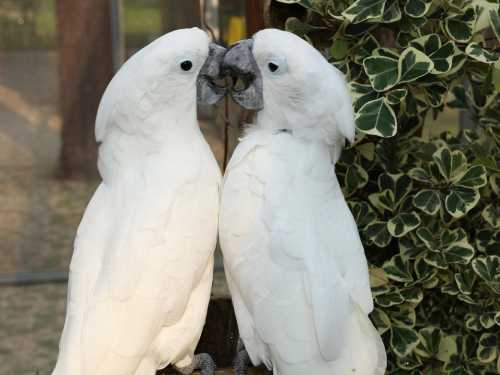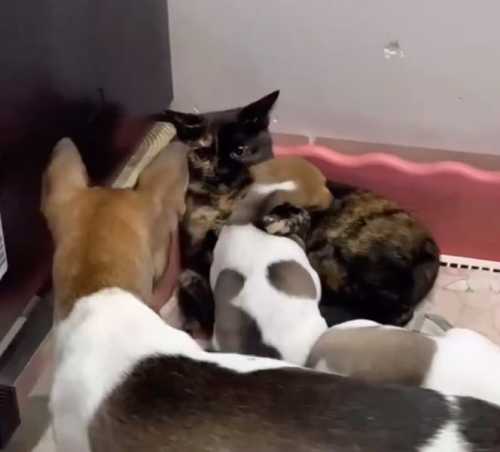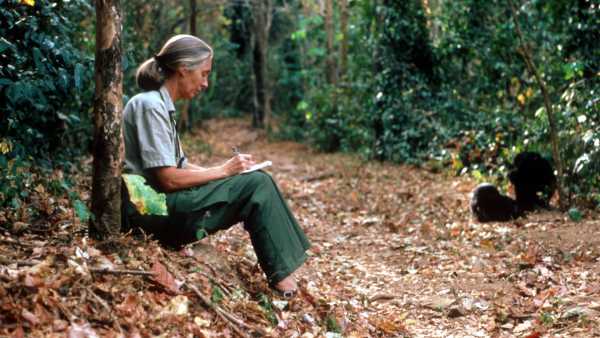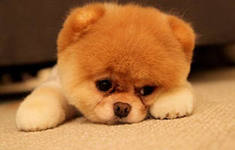
When choosing accessories for a parrot cage, many owners, in addition to other toys, opt for a mirror. Most birds are actively interested in this item, spend a lot of time in front of the mirror surface and enjoy communicating with their reflection. However, a mirror for a parrot is not always beneficial. In some cases, this accessory can pose a health hazard to the bird.
Does a parrot need a mirror in its cage?
Opinions on whether to install a mirror in a cage differ greatly among different owners. Many beginners consider this accessory a necessary element of their pet's home decor and believe that playing with it will help the parrot to tolerate loneliness and a long absence of contact with humans and relatives more easily. Experienced breeders, on the contrary, strongly recommend not introducing a parrot to a mirror, so as not to provoke behavioral abnormalities and possible health problems.
Opinions “for”
Proponents of placing a mirror in a birdcage believe that it:
- Helps your pet cope with loneliness. Parrots are gregarious animals with a strong need to communicate with their peers. A mirror in the cage is necessary for the parrot to communicate with its reflection.
- Entertains the bird during the absence of the owner. If the owner spends a lot of time away from home, the parrot will suffer from a lack of communication with him. A mirror can keep the bird busy.
Opinions “against”
Despite its apparent benefits, a mirror can be dangerous for parrots:
- The parrot will lose interest in the owner and other birds, will communicate only with its reflection, will become withdrawn, and will stop learning;
- The pet will start to eat poorly, leaving food for its friend in the mirror, and will refuse to leave its home for flights so as not to be separated from it;
- Perceiving the reflection as a sexual partner, the parrot will try to form a pair with it and experience stress without receiving a corresponding reaction;
- The pet will begin to show aggression, believing that another bird has invaded the territory.
Why do parrots love mirrors?
In the minds of many people, parrots and mirrors are inextricably linked. The increased interest of these birds in mirror surfaces has been noticed for a long time, so a mirror is often included in the set of accessories for a parrot cage.
The love of these birds for their reflection is easy to explain. In nature, parrots live in large flocks and constantly communicate with each other. In captivity, these birds are often kept alone, which contradicts their natural behavior. Alone, they experience stress, and without regular interaction with their relatives they can get sick. In the mirror, the parrot sees its reflection, which it takes for another bird. Its intelligence is insufficient to understand that it is an object in front of it, and not a living being. As a result, the pet begins to communicate and play with an imaginary friend and no longer feels lonely.
Conclusion
Before purchasing such a popular toy for your pet, the owner should weigh all the risks described above. Most veterinarians and experienced ornithologists agree that the potential harm to the mental and physical health of the parrot far outweighs any perceived benefit. Using a mirror, even as a temporary measure, is not recommended, as even brief interaction can quickly trigger fixation on the reflection and the development of undesirable behavior.
If you notice that your pet has become less communicative, lethargic, aggressive, has lost interest in other toys, or has stopped paying attention to you after the mirror appears, you should remove it immediately. In this case, it will not be beneficial, but, on the contrary, will cause health problems. The best way to combat boredom in a parrot is to offer it safe alternatives. The owner should pay more attention to the bird, and if it spends a lot of time outside the house, you can put another parrot in the cage so that the pet always has a partner for communication. You should also diversify the toys in the cage that can interest the bird: swings, bells, rattles, ladders, balls. They should be changed periodically so that the bird's interest does not fade.





